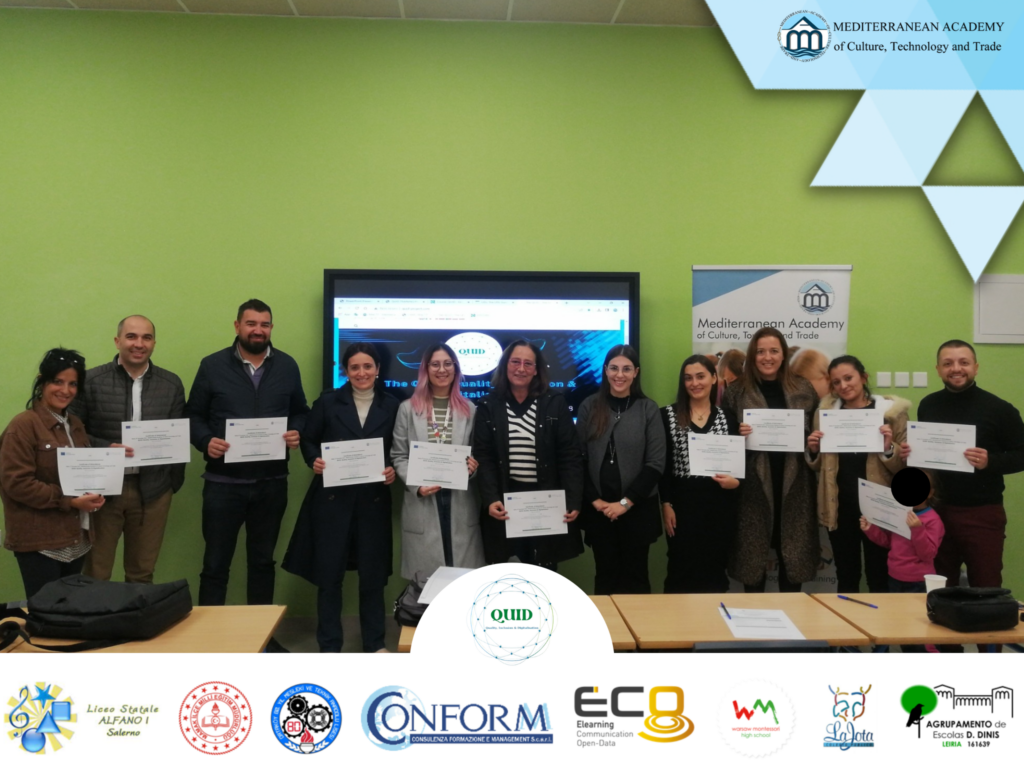Today, almost half of the world’s top 50 universities offer at least one course in cryptocurrency or blockchain in their educational catalogues. A giant leap forward. But with the emerging technology at the peak of mainstream usage, is it enough? The ever-increasing demand for blockchain-related job skills across all fields continues to grow, it is predicted that for every blockchain developer there are 14 new job opportunities.
As top executives mobilise to implement blockchain solutions in their respective fields, training initiatives are needed more than ever, not only to improve the workforce of the future, but to inform decision makers themselves, as confusion among C-suite executives continues to be an obstacle to choosing the most suitable path for mass adoption of the new technology.
The demand for developers has increased in recent years as the technology has gained credibility in the eyes of traditional players. The initial supply of talent proved insufficient and with this insufficiency came the challenge to attract developers with more lucrative packages and benefits. Today, an experienced developer can earn as much as an annual salary of over USD 200,000.
For those looking to implement blockchain-based solutions, the skyrocketing costs associated with hiring are actually a barrier.
However, in 2018, an Upwork report found that blockchain technology took the top spot as the fastest growing skill in the first quarter, growing at over 6,000% annually.
Developers and talent entering the industry have been enticed in part by the potential of the technology, but also by the lucrative financial rewards. The rise of blockchain labs such as Blockchain at Berkeley or the CRYSTAL (Cryptocurrency Strategy, Techniques and Algorithms) Centre at the National University of Singapore has expressed the determination for academic communities to converge with the blockchain and cryptocurrency industry in order to promote a dialogue and discussion on the lack of supporting blockchain initiatives in higher education.
By creating an open community of academics, thought leaders and experts, coupled with the real-world expertise of existing projects, technology education can continue to position itself as a real need.
At the same time, course offerings have sprung up at numerous higher education institutions, not only focusing on cryptography and cybersecurity, but also on topics as esoteric as they are related to the ‘Anthropology of Money’.
By developing courses focused on the financial, legal and social implications of blockchain, institutions are able to cultivate a wider talent pool, armed with interdisciplinary skills and insights.
With this approach, tomorrow’s workforce can be prepared to meet the challenges of the industry, while the ever-increasing demand for experienced blockchain professionals is met.





